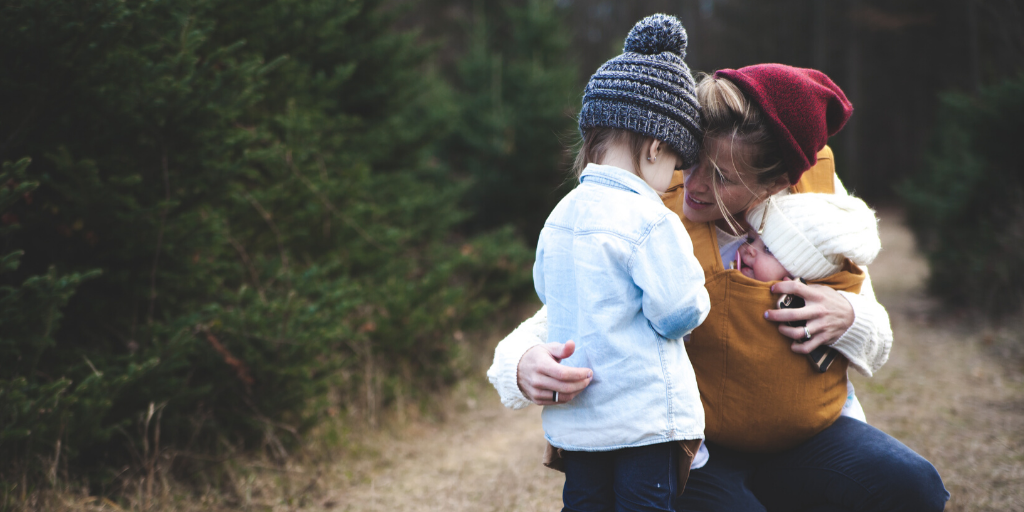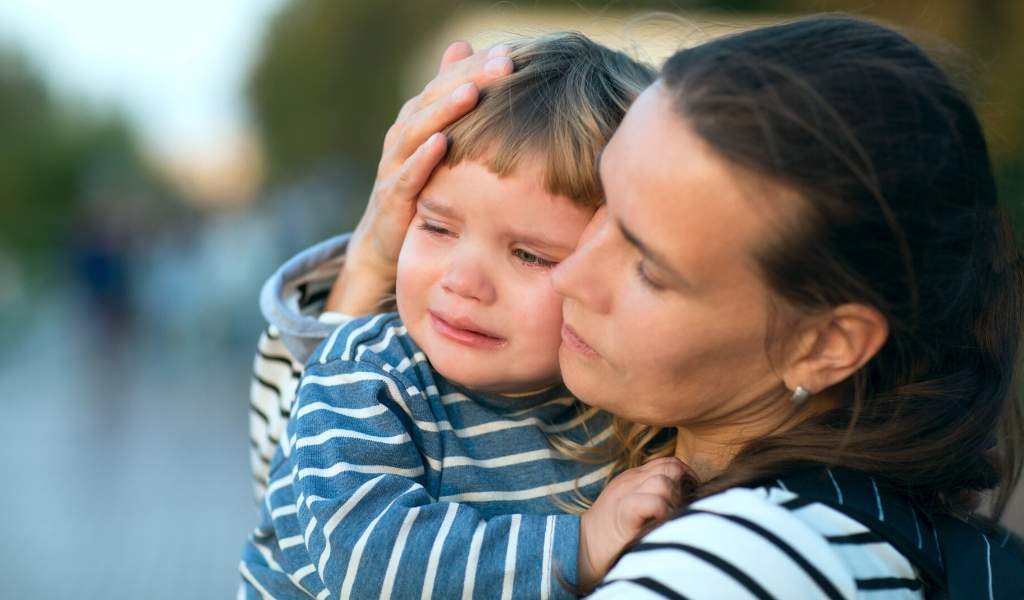Families will have their own very personal and unique experiences of illness and bereavement. Sadly, many children will experience a serious illness or bereavement in their family or social circle during their early childhood. Childcare practitioners and early years teachers often play a crucial role in supporting children and families through these difficult times.
Bereavement is a period of mourning or a state of intense grief, especially following the death of a loved one, although in more general terms it can be applied to having lost something that is very dear.
Experts seem to agree that bereavement often involves a process of several stages of grief. Everyone’s experience will be unique and may not follow a specific pattern. In this blog post, communications expert and childhood consultant Sue Asquith uses her counselling skills and experience in supporting children with bereavement, outlining some of the stages that children may go through…
Where you can’t believe what you are hearing. Denial is often part of coping and trying to process the news. There are added complications for children as their trusted adults may also be in this stage in a state of shock or denial. Sometimes adults decide not to tell the children about death to “protect them” or saying that “they are too young to understand”.
Children are observers though and will pick up on the emotions and upset of the adults around them. It helps to be open and honest with children, giving age and stage appropriate information. Children do not think abstractly. They may be confused with this new information and full of questions.

Undoubtedly, early years practitioners will already be doing lots to help children to understand and ‘label’ their emotions. Bereavement may bring some very powerful emotions, such as anger, anxiety and sadness. Grief is a process of bereavement and healing and experts cite depression is a part of this process. The realisation that the person you love has died, that they are not coming back and that you will not see or hear them again is understandably depressing. Children will need your empathy, support and professional love to help them through.
Help children to accept what has happened and to adjust to their ‘new norm’ without the person who has died being present in their life. We are not saying that it is okay that the person has died, it is still very sad, they may miss the person forever. This stage is about understanding that life will be different now. It may help to talk to children about their new norm, for example, any family changes or changes in roles and routines.

It is crucial to work in partnership with families during these times. Adults may be dealing with their own grief too. Discuss what they have already told the child and any ways you could help (it will be important to be culturally sensitive and not to provide extra upset). You could speak to families about:
To hear more about Sue’s examples and suggestions for ‘Helping children cope with illness and bereavement’, access the recording of this webinar and other useful Kinderly webinars from here: https://mailchi.mp/7a2f67cb2183/kinderlywebinars

Sue Asquith is a freelance early childhood consultant and published author. She started her childcare career in 1998 as a registered childminder. Progressing to working in affiliation with her local children centres, mentoring new childminders, delivering training and assessing across the UK and more recently internationally. She has worked on various DfE funded projects with PACEY, ICAN, Communication Trust and NDNA.
Sue’s book Self-Regulation Skills in Young Children is available in paperback, in Kindle format, or as an e-book
Follow Sue on Twitter here
Join Sue’s Early Childhood Consultant Facebook group here